
ANALYSIS: In environments that encourage progressive dogma, these women stand for alternative perspectives
The demands of social justice at many universities nationwide impose intolerable limits on a scholar, who must be free to pursue knowledge unfettered by groupthink or political dogma.
Contrarian thinkers at universities are few and far between. We also may have heard from fewer women with unpopular opinions, in part because women are more likely to hold progressive views, polls find.
Nonetheless, many female academics still hold to the ideals of their profession and refuse to be silenced in their pursuit of truth and intellectual freedom. These scholars represent a wide range of views, but each woman has argued, often at great personal cost, against one or more of the dominant perspectives in academia.
We should watch their future work for reasoned critiques of ideas that may be erroneous but have hardened into dogma. We should also emulate them as exemplars of independence and intellectual integrity in a climate that discourages both.
Erika Bachiochi, legal scholar
@erikabachiochi
Bachiochi is a rare dissident voice in feminist academia: a legal scholar who opposes the sexual revolution on the grounds that it harms women.
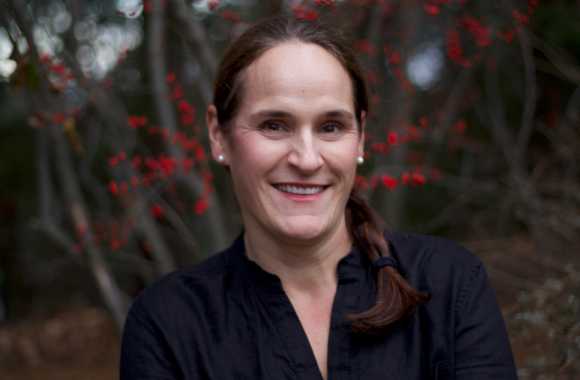
In her new book, “The Rights of Women: Reclaiming a Lost Vision,” she “calls on feminists to disentangle the sexual revolution from the movement for women’s rights, to reclaim their suspicion of market logic, and to unabashedly prioritize the family in both law and culture,” according to the Institute for Family Studies.
Approximately two-thirds of a Harvard Law School audience walked out on a September 2022 event with Bachiochi on abortion and the future of America “After Dobbs,” The College Fix reported. However, not everyone left, and she spoke to students about “the ill effects of the sexual revolution on women and the question of whether an embryo was a human being.”
Currently she directs the Wollstonecraft Project as a senior fellow at the Abigail Adams Institute in Cambridge, Massachusetts. The project’s publication online journal Fairer Disputations: Sex-Realist Feminism for the 21st Century delves into topics such as feminism and rights, gender and the body, sex and exploitation, and work and the family.
Devin Buckley, philosopher
Buckley is another feminist and a philosopher who champions a minority view in advocating for sex-based rights for women and girls. She is a vocal critic of biological men competing against women in sports.
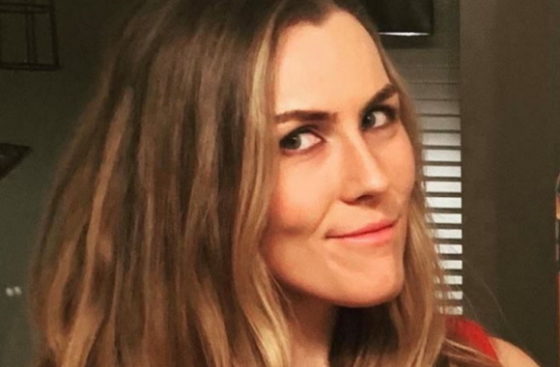 As a board member for Women’s Liberation Front, or WoLF, she “created the Encyclopedia of Bad Gender Arguments, which provides clear and helpful guidelines for responding to biased, nonsensical arguments about sex stereotypes,” according to the group.
As a board member for Women’s Liberation Front, or WoLF, she “created the Encyclopedia of Bad Gender Arguments, which provides clear and helpful guidelines for responding to biased, nonsensical arguments about sex stereotypes,” according to the group.
Harvard University canceled a talk by Buckley last April on the topic of British romanticism — an unrelated subject — due to her contrary views and writings, The College Fix reported.
In response to being canceled, Buckley wrote: “This is not a case of Harvard refusing to platform ideas it dislikes. This is a case of Harvard deplatforming me for political reasons entirely unrelated to my scholarship.”
“If it is unacceptable for me to speak at Harvard on British poetry and philosophy because I am a feminist, then I invite Harvard to purge its libraries and museums of all those who hold views unacceptable to Harvard,” Buckley stated.
Amy Chua, legal scholar
@amychua
The Yale Law School professor is well known for coining the term “Tiger Mom.” She also defended Brett Kavanaugh and even helped inspire “Hillbilly Elegy.” Yale tried to cancel her in 2021, but she remains a prominent and popular scholar there and is also a 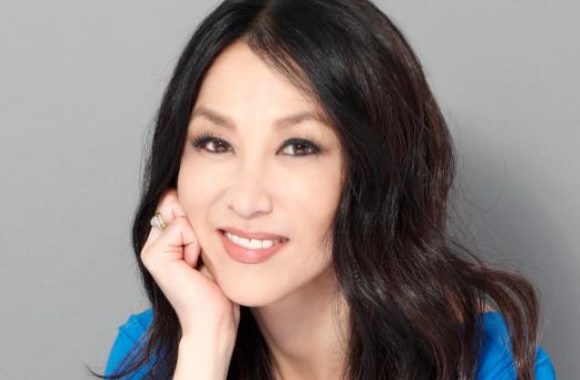 frequent guest speaker at various venues across the country.
frequent guest speaker at various venues across the country.
Chua often probes American differences beyond race and gender and also affirms, with conservatives, that America was founded on a “set of principles” that can unite us.
When asked last June what divides the nation, Chua cited the gap between the elites, “people who view themselves as the height of tolerance” and include “all races” – and, on the other hand, “America’s rural, working class, southern population,” she said.
Nonetheless, “I always remain an optimist,” she said. “I do believe that we have something special and secret, in that the U.S. identity is founded not on ethnicity or blood, or a certain nationality, but the U.S. Constitution, a set of principles.”
Angel Parham, sociologist
@AngelParham
Angel Parham champions an education in the Greco-Roman classics among those, including many of her fellow black scholars, who have argued that it should be eliminated or reformed beyond recognition.
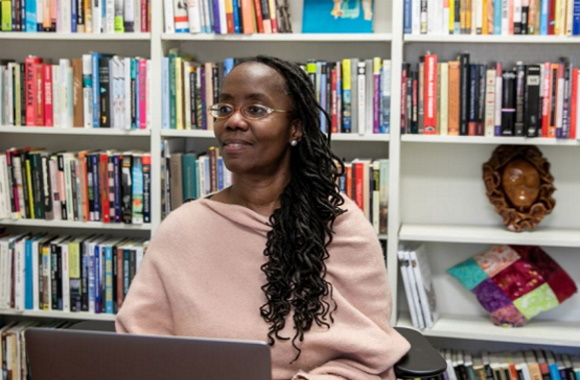 A professor of sociology at the University of Virginia, Parham said the study of Greco-Roman culture still has “much to teach us.”
A professor of sociology at the University of Virginia, Parham said the study of Greco-Roman culture still has “much to teach us.”
The classics should be “elevated and broadened” — not repudiated — she wrote in a May 2022 op-ed for The Wall Street Journal.
It’s a courageous stance that offers a bold response to today’s pressing argument against learning from so-called “dead white men.”
According to her faculty bio, Parham is also “co-founder and executive director of Nyansa Classical Community, an educational organization which provides curricula and programming designed to connect with students from diverse backgrounds, inviting them to take part in the Great Conversation, cultivate the moral imagination, and pursue truth, goodness, and beauty.”
Jennifer Frey, philosopher
@jennfrey
Frey, a philosophy professor, executive council member of the Society of Christian Philosophers, and mother of six, will soon become inaugural dean of a residential liberal arts college focused on the great books of civilization at the University of Tulsa in Oklahoma.
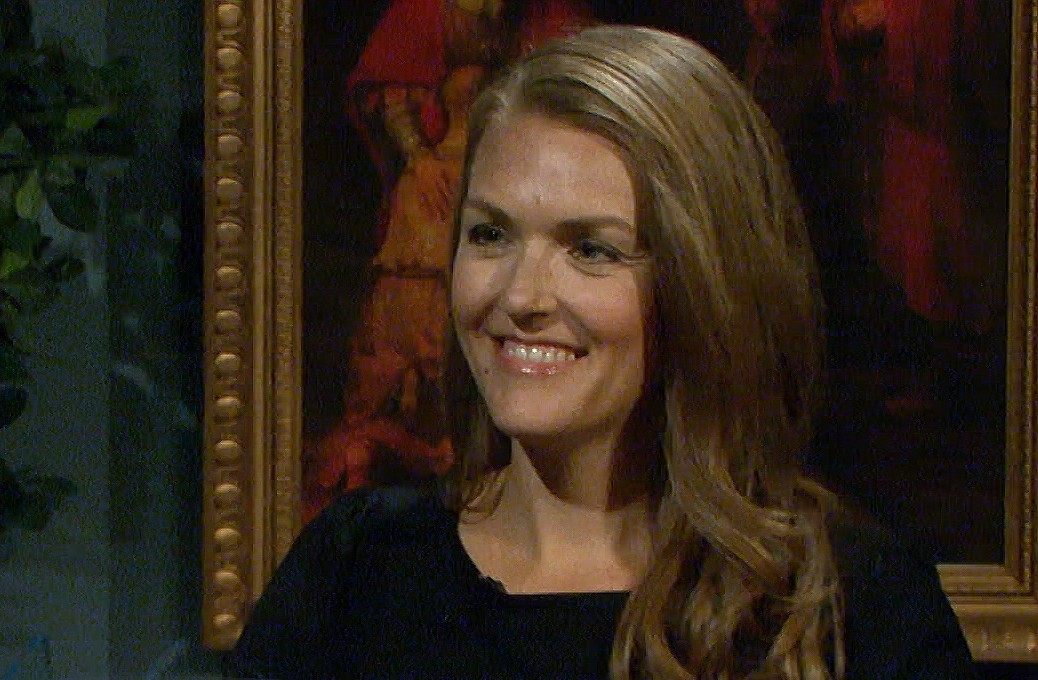 Frey is a builder as well as a scholar who intends to “transition the [existing honors program] into a residential college with a unified and integrated core curriculum,” she told The Fix Jan. 19.
Frey is a builder as well as a scholar who intends to “transition the [existing honors program] into a residential college with a unified and integrated core curriculum,” she told The Fix Jan. 19.
Her vision of the college exemplifies a view of the humanities that transcends critical theory to focus on what is good, beautiful and true. She is regarded as something of an expert on the topics of virtue and happiness. Her “Sacred & Profane Love Podcast” explores “the relationship between love, happiness, and meaning in life through classic works of literature.”
“What we want to do with the honors college is create a community of learners who seek to help one another grow in wisdom together through the study of classical texts,” Frey told The Fix.
Nathalie Heinich, sociologist
This French sociologist for the last several years has worked to encourage her peers to remain unbiased and resist the progressive narrative taking over academia.
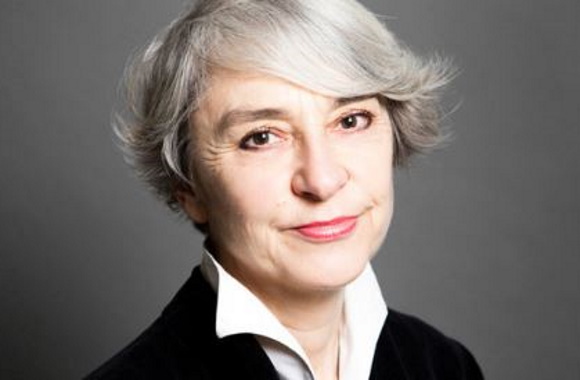 She offers a valuable outsider’s perspective on the obsessions of American academia as a contributor to the blog Heterodox STEM. She also helped create a French organization against “decolonialism and identity politics” which “has issued warnings about American-inspired social theories in major publications like Le Point and Le Figaro,” according to The New York Times.
She offers a valuable outsider’s perspective on the obsessions of American academia as a contributor to the blog Heterodox STEM. She also helped create a French organization against “decolonialism and identity politics” which “has issued warnings about American-inspired social theories in major publications like Le Point and Le Figaro,” according to The New York Times.
“Wokism is a kind of activism,” the French researcher wrote in a paper she delivered at Ben-Gurion University of the Negev on Jan. 10. “According to it, all the work done at the university should be oriented towards a political concern for the modification of the social world.”
“But we, researchers and teachers … are not paid by our fellow citizens to be activists in the frame of our academic positions, but to produce and transmit knowledge.”
Even more, the French intellectual tradition, with its legacy of championing universal human rights, has resources to remedy the “current confusion between the academic and the political arenas,” she said.
Heather Heying, biologist
@HeatherEHeying
Heying’s perspective as an evolutionary biologist has empowered her to affirm crucial differences between the sexes and note the power and vulnerabilities of each.
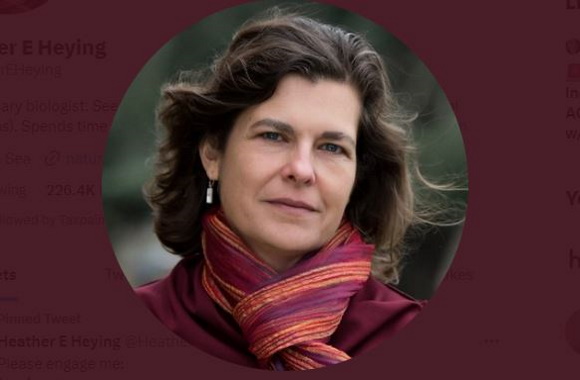 The former professor of biology at Evergreen State College resists the narrative that men are always oppressors and women are always victims. She even coined the term “toxic femininity” for the website Quillette, according to Rebel Wisdom.
The former professor of biology at Evergreen State College resists the narrative that men are always oppressors and women are always victims. She even coined the term “toxic femininity” for the website Quillette, according to Rebel Wisdom.
Not all femininity is toxic, just as not all masculinity is toxic, Heying wrote in July 2018. However, “young women have vast sexual power,” she stated. “Toxic femininity is an abuse of that power, in which hotness is maximized, and victim status is then claimed when straight men don’t treat them as peers.”
Heying and her husband, fellow former Evergreen State College professor Bret Weinstein, co-host the popular “DarkHorse” podcast, exploring human life from an evolutionary perspective, and striking down social justice taboos along the way.
Carole Hooven, behavioral endocrinologist
@hoovlet
Like Heying, Hooven has the backbone – and the background – to affirm the sex binary and other inconvenient scientific truths.
A human evolutionary biologist at Harvard University, Hooven is the author of “T: The Story of Testosterone, the Hormone that Dominates and Divides Us.”
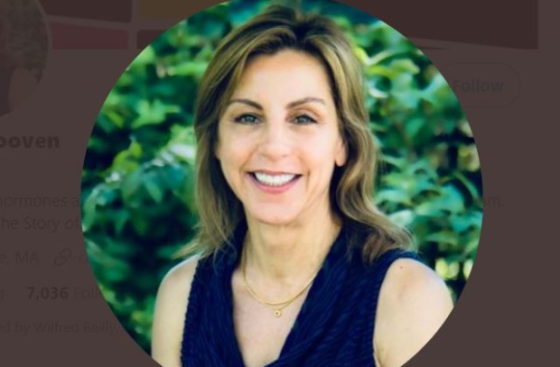 Hooven condemned on Fox News in 2021 medical professors’ trend toward refusing to use terms such as “male” and “female.” For those remarks, the director of her Harvard Diversity, Inclusion and Belonging task force accused her of transphobia and harming undergraduates.
Hooven condemned on Fox News in 2021 medical professors’ trend toward refusing to use terms such as “male” and “female.” For those remarks, the director of her Harvard Diversity, Inclusion and Belonging task force accused her of transphobia and harming undergraduates.
“I know how it feels,” Hooven said in a 2021 email to The Fix. “As a graduate student, I was at times deeply offended and upset when encountering new ideas, especially ones with strong personal relevance; for example, hypotheses about the evolutionary origins of sexual assault.”
“But I had to learn how to put my emotions aside and dispassionately analyze evidence. This wasn’t easy but learning how to do it ultimately empowered me, and helped me to become a clearer thinker and a better scientist. I learned to think this way because of caring professors who treated me as a rational adult.”
In November 2022, she published an article in the Archives of Sexual Behavior titled “Academic Freedom Is Social Justice: Sex, Gender, and Cancel Culture on Campus.”
“Knowledge is power,” Hooven wrote. “Academics can do the most good for individuals and for our democracy by producing the best possible evidence and ideas, and this can only happen in an environment in which people are encouraged to research, publish, and debate a wide diversity of views, regardless of what they signal to students or the group-du-jour.”
Luana Maroja, biologist
Maroja, a biology professor at Williams College in Massachusetts, has been a consistent voice of reason against the encroachment of politics, censorship and DEI mandates in STEM.
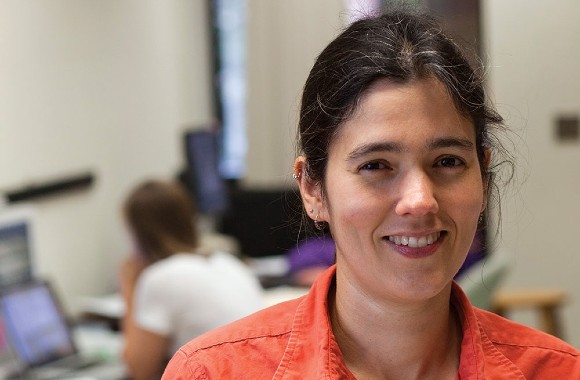 Most recently, she spoke at the Academic Freedom Conference last November, discussing the quickly disappearing academic freedom in STEM fields.
Most recently, she spoke at the Academic Freedom Conference last November, discussing the quickly disappearing academic freedom in STEM fields.
She also wrote last November in The Free Press that it “has become taboo in the classroom to note any disparities between groups that are not explained as the result of systemic bias.”
“The risk of cancellation at Williams College, where I have taught for 12 years, and at top colleges and universities throughout this country, is not theoretical,” Maroja continued. “My fellow scientists and I are living it. What is at stake is not simply our reputations, but our ability to pursue truth and scientific knowledge.”
Maroja is quick to call out absurdities. For example, she lambasted the idea that the geological term “dyke” is offensive to lesbians. She has said she refuses to censor what she will say or teach and will not cower to extreme student reactions.
“Lowering standards and expectations hurts the most vulnerable of us; it does not help science or the people that such actions are intended to help,” she wrote in a Feb. 2022 Heterodox STEM piece.
Anika Prather, English scholar and educator
@AnikaFreeindeed
Another champion of classical education for all, Prather carries on the vision of Martin Luther King, Jr., to judge people – and authors – by the content of their character, not the color of their skin.
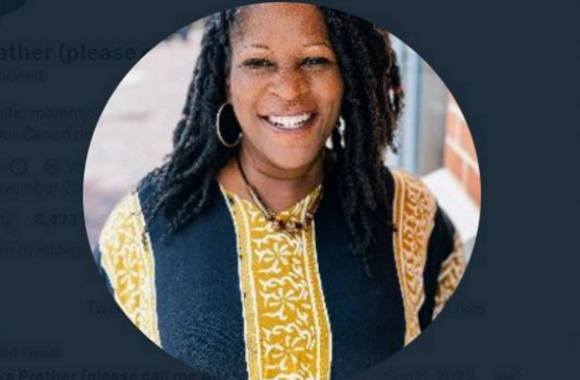 “Her research focus is on building literacy with African American students through engagement in the books of the Canon,” according to Classical Academic Press.
“Her research focus is on building literacy with African American students through engagement in the books of the Canon,” according to Classical Academic Press.
Prather teaches in the English department at Howard University and serves as a director of curriculum and instruction at Johns Hopkins University.
She is currently “a sought after speaker on the topic of the relevancy of classical studies to the Black community,” according to her bio.
“What happens when oppressed African American people read the works of the canon? Many have accused classical studies of serving as a way for Blacks to assimilate into Western culture, denying their Black and/or African heritage. Others have accused Black students of the classics of being ‘Uncle Toms,’ submitting themselves to the dominance of those who oppressed them. Yet, when I read many of the stories of Blacks who are engaged in classical studies, I find a different narrative,” she wrote in an April 2021 piece for Patheos.
She describes reading the classics as a journey of awakening, including and importantly for African Americans. It “speaks to the importance of us reading classics or the works of the canon, and also reading about how classics have been received by diverse people,” she wrote.
MORE: Why we must defend the words ‘women’ and ‘mother’
IMAGE: MAIN — Fizkes / Shutterstock; Inside — publicity photos, social media screenshots
Like The College Fix on Facebook / Follow us on Twitter



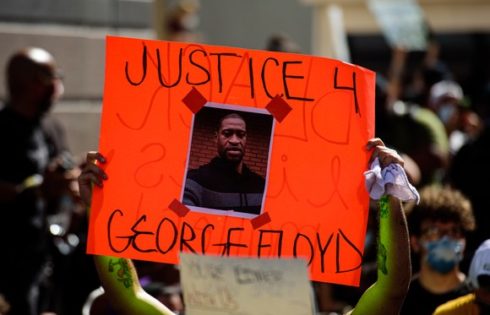

Please join the conversation about our stories on Facebook, Twitter, Instagram, Reddit, MeWe, Rumble, Gab, Minds and Gettr.